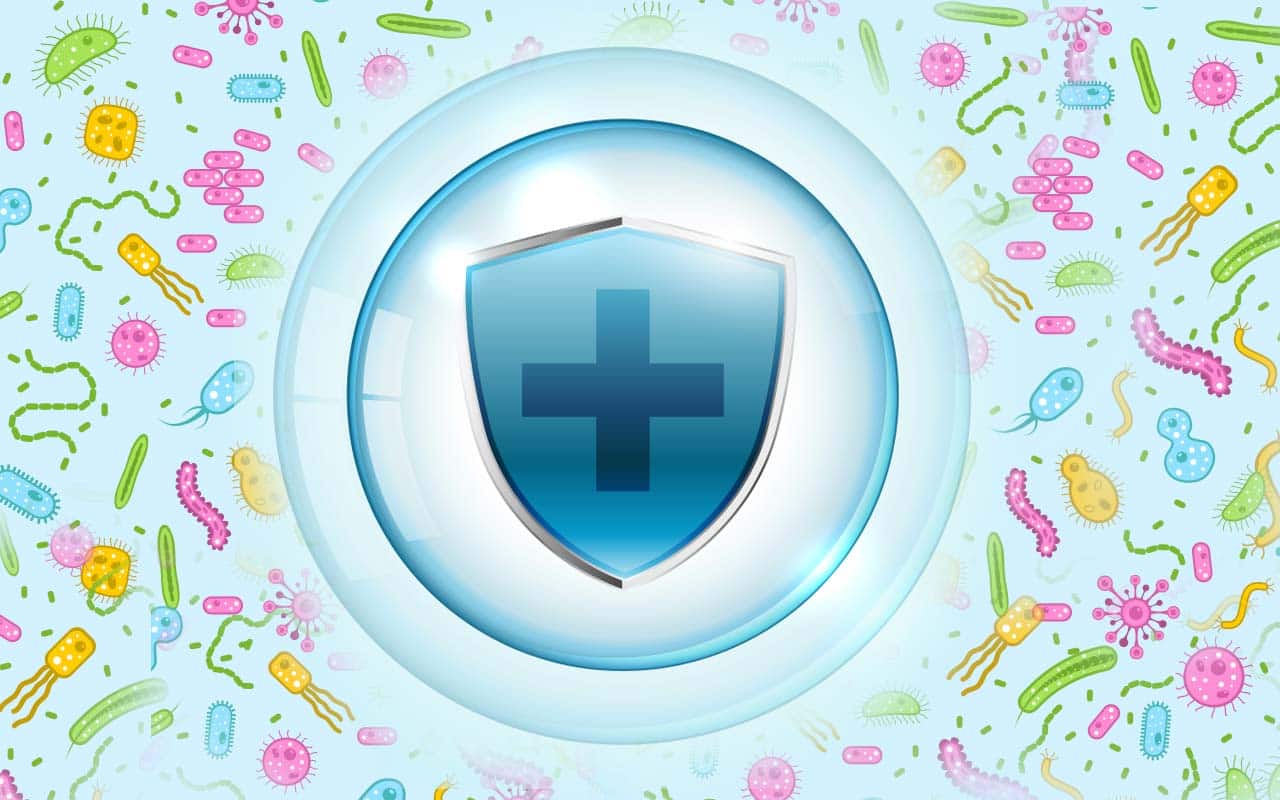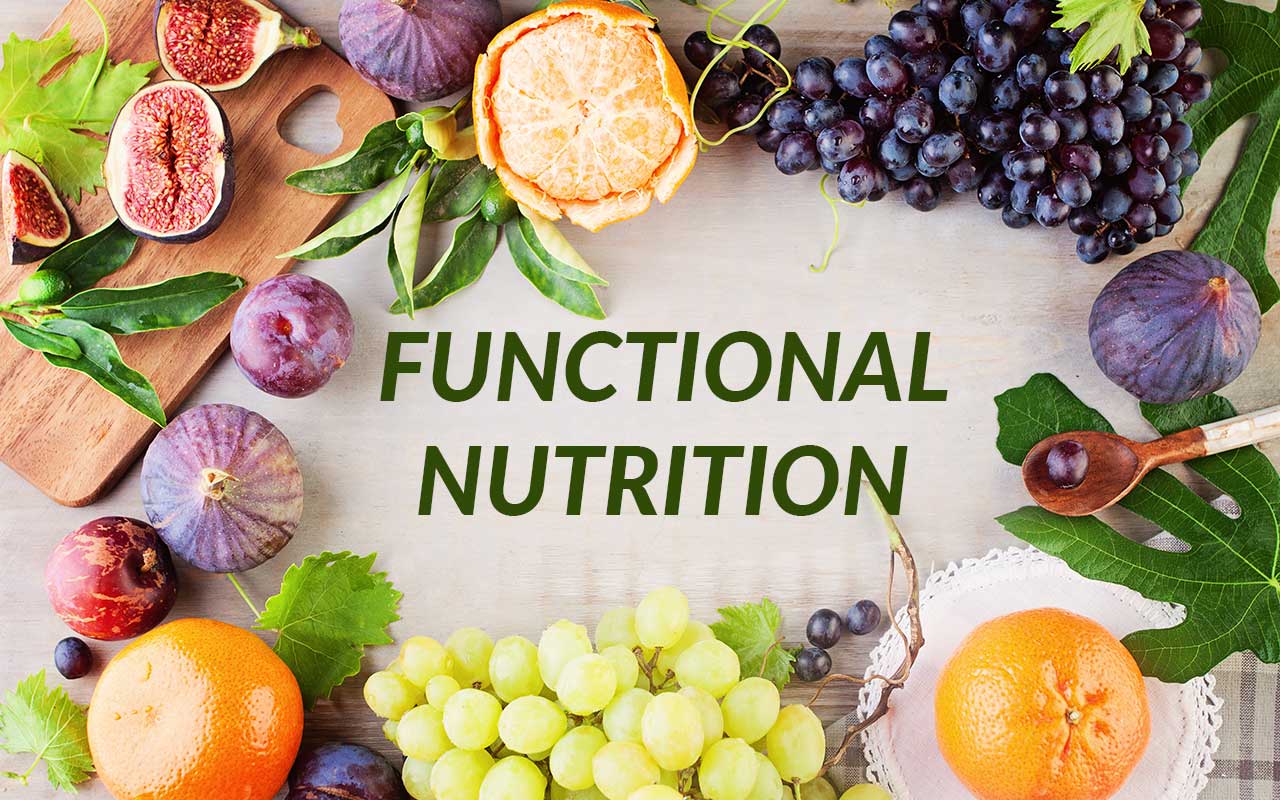Did you know the key to your feeling full lies in chewing your food!
Chewing is a simple step that breaks down food into smaller particles thus exerting less pressure on our digestive system and assisting the stomach to metabolize. Yet in our fast paced lives we’re either eating on the go or so focused on our devices, that we have become completely indifferent to this basic but very crucial step for our health. A study of 1000 subway consumers showed they chewed a bite of a sandwich an average of 6 times. Do you know how many times a bite of bread needs to be chewed before you can swallow it? Anywhere between 30 to 40 times!
We all know that proper chewing means slowing down our eating. But what most don’t know is that our saliva contains both Leptin (decreases appetite) and Ghrelin (increases appetite) which communicate with the brain on when to stop eating. The pace of your eating especially chewing sets the rhythm for the rest of your digestive process. According to a study at Harbin Medical University in China, people who chewed each bite 40 times (as compared to 15 times) ate 12% less food and their blood levels showed lower Ghrelin levels.
Digestion is a complex process and one of the most energy consuming function of the body. Chewing as the beginning step not only makes you feel full faster and helps managing your weight but our saliva also contains Amylase, which is an enzyme that breaks down carbs and could reduce gas and bloating to a great extent. This is because from the mouth the food goes into the stomach where primarily proteins are broken down by hydrochloric acid and typically the carbs sit there being more prone to gas and bloating. Only after the proteins are partially broken down in the stomach, the food goes to the small intestine where all the macronutrients are again broken down further for absorption. Now imagine if you had just finished a 6” foot long and chewed each bite only 6 times! Imagine the amount of food that you just pushed down your digestive track could have been a less stress on your system if you had chewed it better.
Over time poor chewing habits along with other dietary and physical factors can lead to a poor digestive system which may lead to poor absorption of nutrients leading to multiple deficiencies. No wonder so many of us have multiple indigestion issues from constipation, diarrhea, flatulence, food allergies mal-absorption of nutrients etc. In Ayurveda, this is the first step towards any disease formation as 90% of the issues in the body start in the digestive tract. While there are multiple ways to support your heath and digestion, the first basic step that all of us can incorporate and start today is to chew your food well!
Some of the main benefits of chewing are
- Aids Digestion
- Increases the availability and absorption of nutrients
- Decreases risk of constipation, stomach discomfort, nausea
- Reduces bloating and gas
- Helps manage your weight and food intake
- Slows down eating and forces you to take smaller bites
- Creates deeper satisfaction and prevents cravings
According to Ayurveda (5000 years old science) and modern nutrition practices a bite needs to be chewed any where between 25 to 40 times. Ideally the number of times you chew will depend on what you are eating and how big the bite is. As a thumb rule remember that anything that is hard needs to be chewed more in order to break down. The goal is to chew it till it changes the texture of the food and becomes more like a smoothie. Find below the approximate number of times you need to chew different foods.
Dry Toast/Bread: 30 to 40 times
Pasta: 25 -30 times
Meat and Fish: 30-40 times
Raw crunchy vegetables: 35 to 40 times
Cooked vegetables and fruits: 25-30 times
Cooked grains and legumes: 30 to 40 times
Nuts and seeds: 35 to 40 times
Remember the above are just approximations and help you initially to count while you are trying to form a habit and the main goal is to chew it till it becomes a smoothie consistency.
How to make chewing a habit:
- Start slow with making a goal of chewing just 3 bites at a time and add slowly.
- Choose a meal that is the easiest to start this practice or you could also just pick a snack time and just start chewing a carrot or snack of your choice.
- Do it daily even if only at one meal till it slowly starts becoming a habit.
- Don’t get hung up when you forget, just start again.
- Be patient with your self as chewing develops muscles and it can be slow especially if you have never paid attention to it.
There was a reason why traditional cultures gave so much emphasis to sitting and being mindful of what, where and how you were eating. Developing a habit to consciously chew your food will definitely bring us a step closer to being mindful of what is nourishing us, and at the same time is an opportunity of being grateful for that food too!




